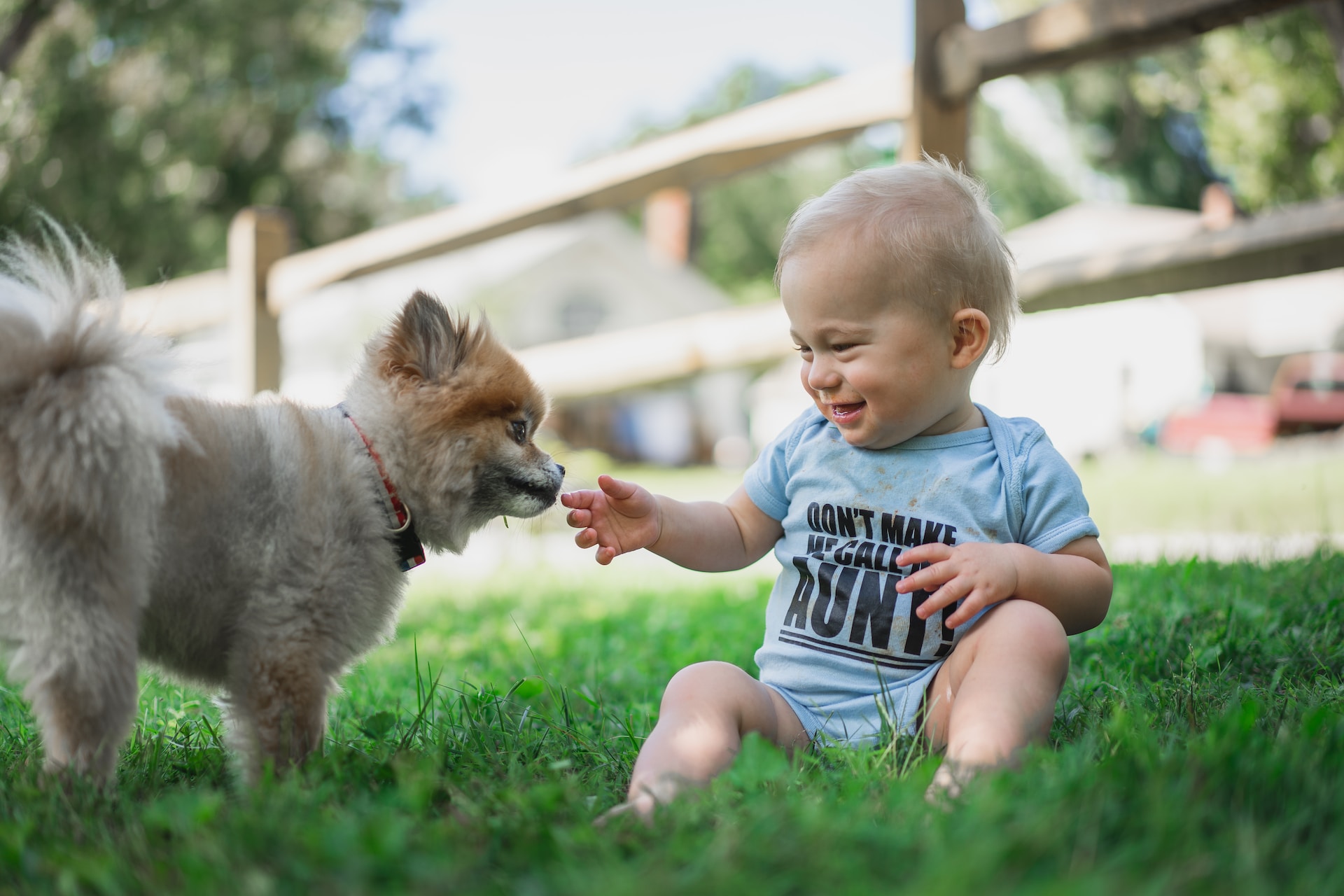Reaction: Research links exposure to pets from pregnancy to early childhood with fewer food allergies in babies
Babies who are exposed to dogs and cats during foetal development and early childhood have a lower risk of food allergies up to the age of three, according to a Japanese study published in PLoS ONE. Previous work has focused on the beneficial effect of dogs in this period, while this analysis, based on retrospective data from more than 66,000 children, also includes other pets such as cats and hamsters. According to the study, exposure to dogs is associated with a lower incidence of egg, milk and nut allergies, while contact with cats is linked to a lower incidence of egg, wheat and soy allergies. However, exposure to hamsters is associated with a higher incidence of nut allergy.

Unsplash.
Sara Benedé - mascotas alergias EN
Sara Benedé Pérez
Profesora de Inmunoalergia de la Universidad Complutense de Madrid
This is a large sample size study showing an association between exposure to companion animals during childhood and the risk of food allergy incidence up to the age of three years. The results of this work support previous research indicating that certain environmental exposures, such as children growing up with an older sibling or in an agricultural environment during the first years of life, are associated with greater bacterial diversity and a lower risk of allergic sensitisation. This is known as the hygiene hypothesis.
However, this is a retrospective study, i.e. existing data have been used to compare between two groups, allergic and non-allergic. The authors themselves recognise the limitations of this type of study when it comes to establishing a cause-effect relationship, as there are other uncontrolled factors that could influence the results, such as genetic predisposition to suffer from some type of allergic condition or certain environmental factors. Furthermore, in this study they observed that the association between exposure to pets and food allergies differs according to the species of animal and the causative food, so it would have been interesting to see the influence of the introduction of allergenic foods in the baby's diet or exposure to them during the first months of life.
In any case, the study raises an interesting question that needs further investigation and opens the way to design randomised controlled research studies that prospectively assign exposure to pets or to plan basic research to elucidate the immunological mechanism behind this observation.
Hisao Okabe et al.
- Research article
- Peer reviewed
- Observational study
- People


